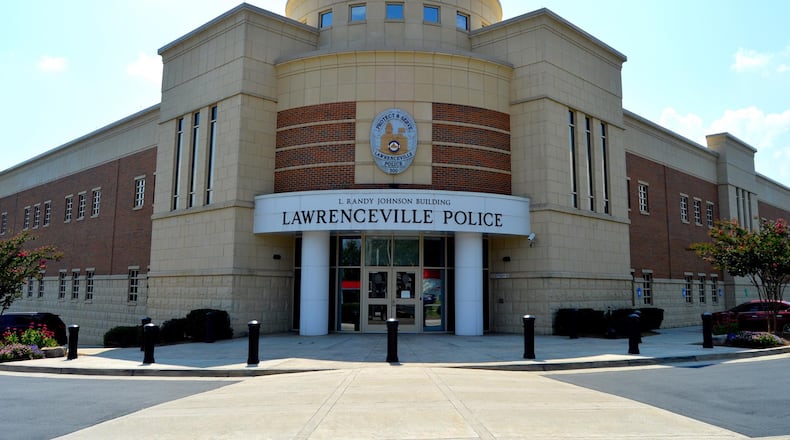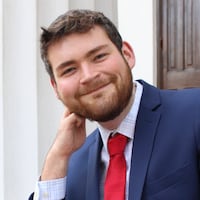Two specialists might assist Lawrenceville Police Department in helping people who experience mental health, homelessness or substance abuse crises.
The Gwinnett city is considering an agreement with View Point Health, a Lawrenceville-based mental health clinic, that would dedicate two licensed behavioral health clinicians to work with police officers. The clinicians would respond to calls with officers and help individuals receive help after a crisis.
City Council discussed the proposal at its Wednesday work session meeting. Officials are set to vote on the agreement on May 24.
Mental health calls have become more prominent in Lawrenceville, Police Chief Tim Wallis said. Last Sunday, officers responded almost entirely to these types of calls, he said.
Known as a co-responder model, the addition of mental health specialists often leads to lower rates of recidivism and incarceration, Wallis said. It’s common for people to face disorderly conduct charges after a crisis, get released and then come in contact with law enforcement again only a few days later, he said.
A dedicated specialist not in police uniform could help could curb that cycle, Wallis said.
While the clinicians would have a dedicated work space at the police department, they would not be city employees with benefits. View Point Health would pay their salaries and provide work equipment.
The agreement would tentatively cost the city about $124,000 per year for two clinicians, Wallis said. The city would likely be able to use federal American Rescue Plan funds to cover the cost for the first two years, he said.
If the Council signs off on the agreement, the police department hopes to start the program by mid-summer but no later than early fall, Wallis said.
“This is such a great step in the right direction. ... I love the idea that we’re partnering with our community,” said Mayor Pro Tem Victoria Jones.
View Point Health already partners with the Conyers Police Department in Rockdale County, Wallis said. Their partnership has gone well, he said, with their one clinician adapting well to “cop culture” and responding to mental health calls by themselves.
Lawrenceville would likely only send its two clinicians out with police officers, Wallis said, as he doesn’t feel comfortable sending them out to crises alone. The clinicians would work 40 hours per week but always remain on call.
Certain circumstances in Lawrenceville could make the co-responder model especially useful, Wallis said. The city is the location of the Gwinnett County Jail, which has more people with mental health and substance abuse issues than anywhere else in the county, he said.
Lawrenceville is also the home of Northside Hospital Gwinnett, with a wing dedicated to people experiencing mental health crises. Summit Ridge has a mental health clinic in the city as well.
“If the county jail, medical facilities and treatment facilities in Lawrenceville are unable to assist an individual in a mental health crisis, we want to provide our police department with every resource available to aid in their response,” Mayor David Still said in a press release.
Gwinnett County has considered implementing a similar program, Wallis said. Other cities in the metro Atlanta area already have added mental health specialists, including Johns Creek and Brookhaven. Athens-Clarke County also has specialists who assist individuals before and after crises.
About the Author
Keep Reading
The Latest
Featured


